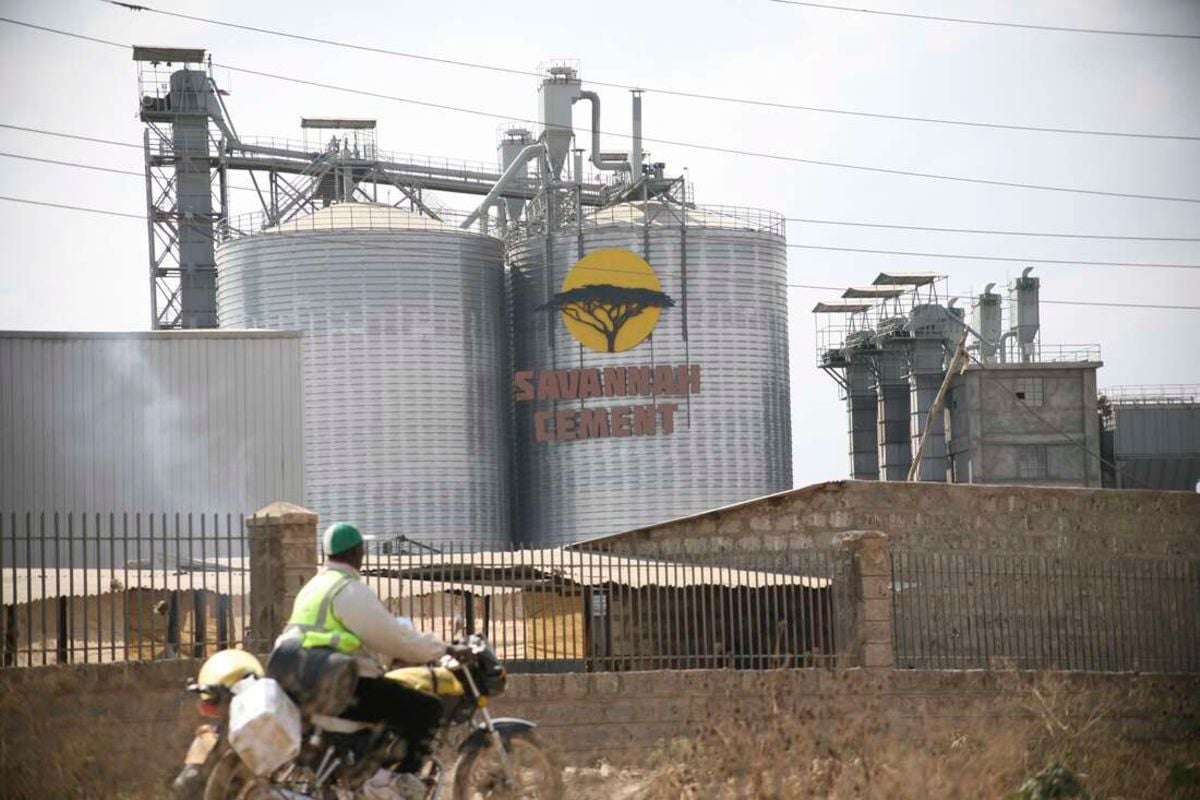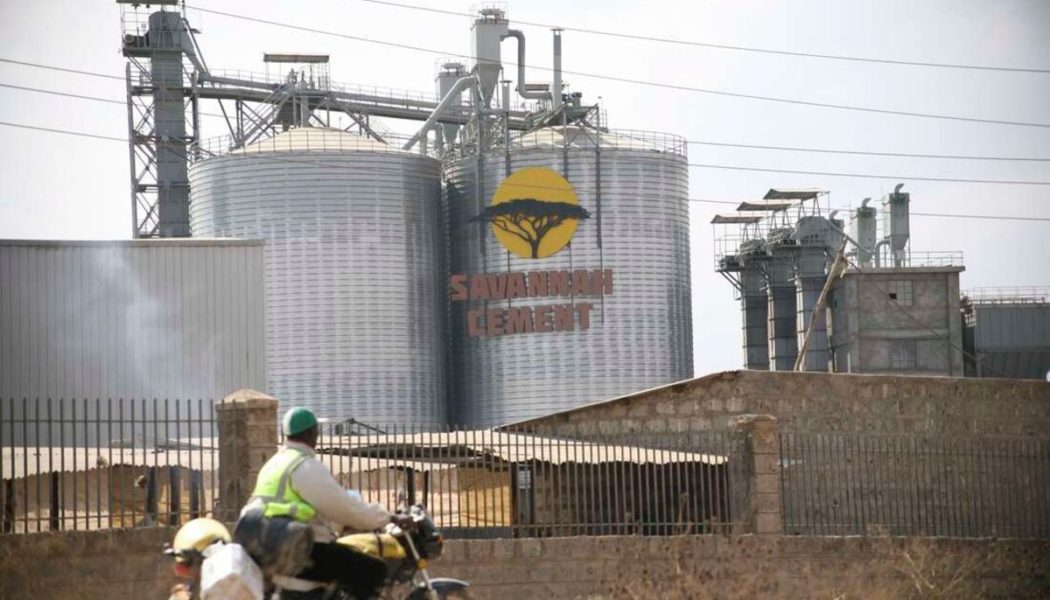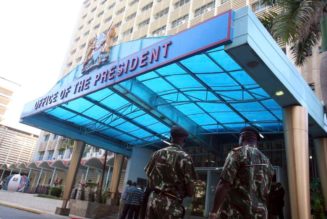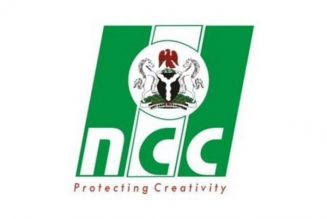
KCB Group and Absa Bank Kenya are facing a Sh14.12 billion hit in the loss-making Savannah Cement that was put under administration in November 2022. Savannah’s statement of affairs shows KCB is owed Sh8.89 billion while Absa has a Sh5.23 billion exposure in the cement manufacturing firm. Absa’s loan is in both local currency and dollars, with the dollar portion being $16.45 million (Sh2.16 billion).
The statement of affairs shows that not even the preferential creditors (KCB and Absa) are safe. While the books show a surplus of Sh2.5 billion for preferential creditors, realising the assets will result in a Sh5.52 billion deficit.
Savannah had issued debentures in favour of the two banks, essentially pledging all of its assets to the lenders in case of default.
PKF Kenya partner, Peter Kahi, who is Savannah’s administrator through PKF Consulting, says in the report that the cement firm had been making losses for five straight years, including 2022 when it collapsed and may not be revived.
Mr Kahi discloses that Savannah was as at May 2023 owing various categories of creditors to the tune of about Sh18 billion, meaning the two banks account for 78.4 percent of the outstanding amounts.
The administrator says a turnaround of the business would be “very costly,” requiring more than 10 years and without a guarantee that the process will not leave creditors worse off.
“A turnaround of Savannah would take an inordinately long period, likely over a decade, to materialise to the irreparable detriment of all creditors. The time risk is further enhanced by the limited term an administration can lapse,” said Mr Kahi in the report.
This is the third cement firm to pose challenges to lenders. Absa was also on the list of banks that struggled to recover money from ARM Cement, with secured lenders getting paid Sh4.98 billion out of their claims totalling Sh8.03 billion.
KCB has also had challenges getting payments from East African Portland Cement, which had to sell land and settle a significant part of the loan after the lender threatened to attach its assets.
Savannah posted a Sh412.39 million net profit in the year ended December 2017 before sinking into a Sh78.89 million net loss the following year.
The loss has been widening, hitting Sh1.07 billion in 2020 and bulging further to Sh2.5 billion in 2022, when it sank into administration with accumulated losses at Sh7.86 billion.
The financials presented to creditors show that Savannah was tapping short-term loans at an alarming rate, more than quadrupling the figure from Sh1.83 billion in 2018 to Sh7.87 billion the following year before crossing the Sh10 billion mark in 2021. As at May 2023, the figure stood at Sh13.48 billion.
Mr Kahi projects that even with a turnaround window, the firm would be loss-making for the better part of the period, implying that such a turnaround would need to be heavily financed by additional debt to sustain operations. Raising debt would be difficult given it has no assets to collateralise.
“The administrator cannot guarantee that by attempting to turn around the business, the outcome to the entire body of creditors will not be worse off than would have been the case had the company simply gone into liquidation.”
The assessment means that the creditors will take longer to access their money, with the administrator proposing the leasing of Savannah assets to preserve value and then offering them for sale to third parties.
Mr Kahi presented the proposal to the creditors during a Wednesday meeting, adding that liquidating the business will see unsecured creditors lose as high as 90 percent to 100 percent of their debt.
“It is also clear to me that in a liquidation, the business will be sold at values significantly lower than its going concern value or business breakup value and it is obvious that this would result in a poor outcome for the creditors,” he said.
Savannah’s assets were last valued in October 2022 and returned a figure of Sh10.9 billion and Sh7.6 billion as market value and forced sale respectively.
The firm is technically insolvent, with a book value of negative Sh1.8 billion as at the end of May last year. Mr Kahi estimates show that realising the assets would expand the difference to Sh9.85 billion.
Before Mr Kahi’s role in Savannah, Harveen Gadhoke had been appointed as the administrator on November 24, 2022, but resigned on November 6, 2023 after months of legal tussles over the appointment and being blocked from accessing the premises of the firm.
Mr Kahi says he had struggled to access the records handed over from Mr Gadhoke since Savannah’s SAP technology licence expired in July last year while Kenya Power disconnected electricity the same month over a Sh13 million bill.
A request for short-term emergency funding of Sh25 million was made in July last year to cater for urgent matters, particularly Kenya Power, salaries and wages and the SAP licence. Absa came to the rescue in August last year.
The administrator in February this year applied for an extension of his term and got approval in March and now faces a race against time in saving creditors from taking a hit.









